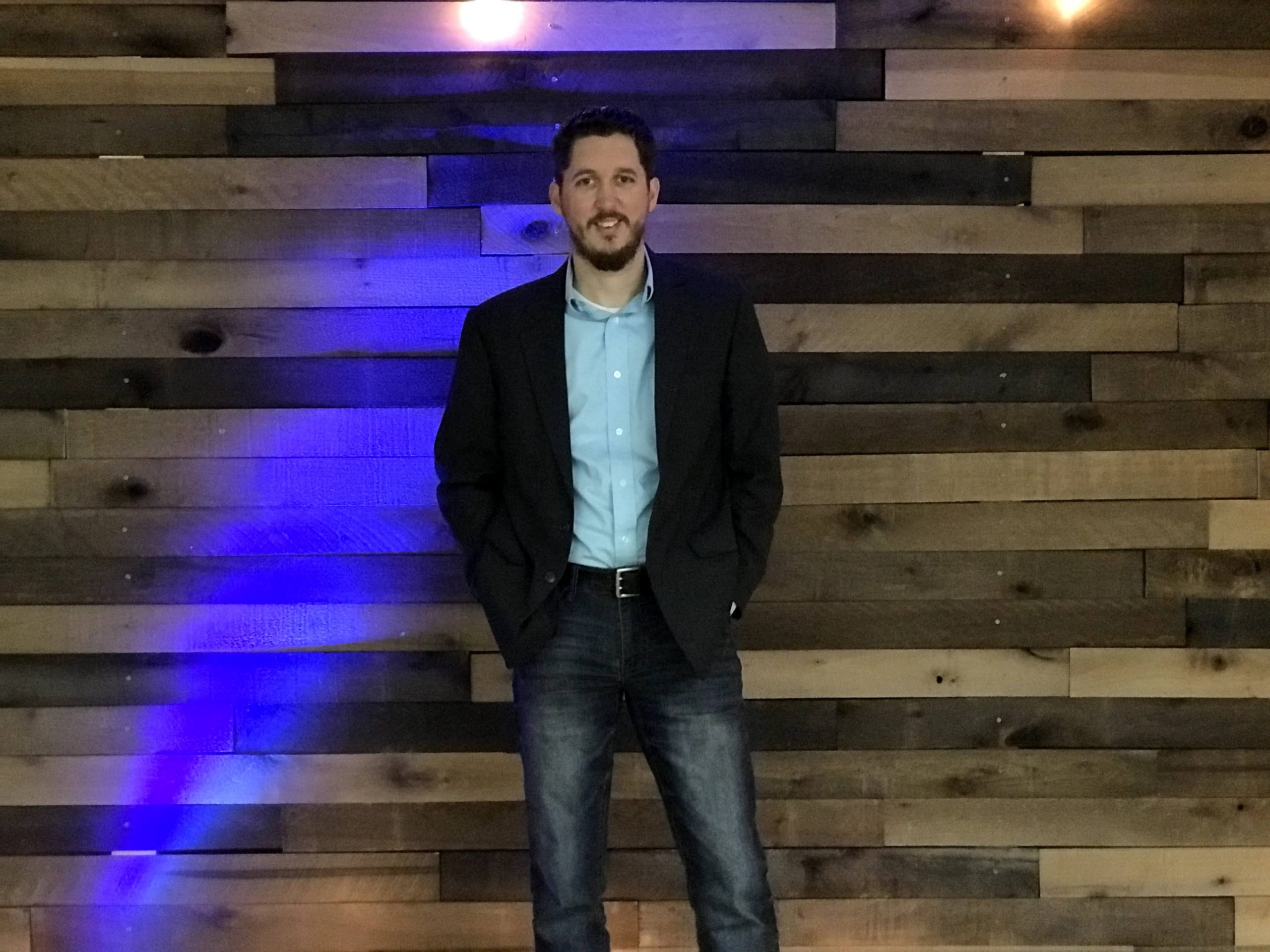
Prayer is part of the spiritual battle in which pastors are involved. As they engage in this spiritual activity, three things often keep them from praying.
By Drake Caudill
“I have so much to do that I shall have to spend the first three hours in prayer.”
This quote, attributed to Martin Luther, inspired me during my seminary years. With late-night writing assignments, mountainous stacks of books, serving opportunities at my local church, and working two jobs, I quickly became aware of my limitations. Remembering Luther’s quote, I decided to take action by using the prayer room on campus.
Immediately, I found resistance in my prayer efforts. I would enter the prayer room desiring to spend time with God, but in my exhaustion, I would soon find myself asleep. I would wake up, quickly finish where I left off, and then go about my day.
But I wanted to be in that prayer room. The desire of my heart was to spend time alone with God in prayer. Like Paul, I found I had the desire to do good, “but there is no ability to do it,” (Romans 7:18, CSB).
Why is praying so hard for pastors?
In a recent Lifeway Research study, pastors revealed seven spiritual needs for their lives and ministries. More than any other need, pastors say it’s important for them to invest in consistency in personal prayer (72%).
More than any other spiritual need, pastors say it’s important for them to invest in consistency in personal prayer (72%). Click To TweetPastors understand the importance of prayer. They’ve spent many hours studying prayer. They’ve preached countless sermons on the subject of prayer. Pastors are even asked to lead prayer before the church potluck.
Why, then, is praying so difficult for pastors? It’s difficult because it’s spiritual work. Prayer is part of the spiritual battle in which pastors are involved. As they engage in this spiritual activity, three things often keep them from praying.
1. A feeble flesh
The disciples were fatigued and couldn’t keep their eyes open long enough to watch and pray. Jesus responded to their sleep, “The spirit is willing, but the flesh is weak” (Matthew 26:40-41, CSB). If a feeble flesh can hinder the prayers of even these mighty saints, then pastors aren’t spared the failings of a weakened flesh. Pastors experience fatigue, ministry exhaustion, and perhaps burnout that often hinder personal prayer.
2. Ministry expectations
In Acts 6:1-4, the apostles were confronted with a ministry opportunity. As the early church was growing in number, the widows were being neglected. The apostles could have added widow ministry to their daily schedule. Instead, after the church chose seven Spirit-filled men to care for the widows, the apostles glued themselves to the ministry of the word and prayer.
Trying to fulfill every ministry expectation may hinder pastors from their most important ministry: praying. — @drakecaudill Click To TweetMany pastors face unrealistic expectations. They’re expected to attend every committee meeting, preach and teach numerous times a week, visit every sick member, contact those who’ve been absent, and lock up the church after each service. Trying to fulfill every ministry expectation may hinder pastors from their most important ministry: praying.
3. A lack of faith
Mark describes a confusing scene in the Gospel of Mark. A woman approached Jesus saying her son had an evil spirit, but the disciples weren’t able to cast it out. Jesus turned to the disciples and said, “You unbelieving generation, how long will I be with you?” (Mark 9:19, CSB). Later Jesus cast out the spirit and the disciples were baffled. They asked Jesus, “Why couldn’t we drive it out?” (Mark 19:28, CSB). Jesus responded, “This kind can come out by nothing but prayer” (Mark 9:29, CSB).
A faithless pastor is a prayerless pastor. Without faith in God’s mighty power, pastors are left to trust in their own abilities. The ministry God has called pastors to can only be accomplished through faith in His mighty power. So in His Wisdom, God has provided pastors with personal prayer opportunities to go forth and do the work He’s called us to do.
Developing habits of personal prayer
In light of these things, I recommend three habits pastors can develop to have a thriving prayer life.
1. Reflect on God’s Attributes
Listen to a hymn or worship music that directs your attention to God’s amazing grace. Read a Psalm that rejoices in God’s mighty power over the enemy. Take a walk and observe God’s creativity in the sky above. God is greater than any failings in your prayer life. Reflecting daily on the attributes of God will take your mind off of the hindrance you’re struggling with and lead you to marvel in the greatness and glory of God.
God is greater than any failings in your prayer life. — @drakecaudill Click To Tweet2. Confess your weakness to God
Ask God for help in your prayer life. God is already aware of your desire to be more consistent in prayer. Confess to God your weakness, full ministry schedule, and vain attempts of ministry by your own strength. Ask God for strength to be more consistent in prayer, and have confidence God will work in your prayer life for His glory.
3. Schedule time for prayer
Schedule time each day for prayer. Pastors have full schedules, and prayer will not magically appear on a pastor’s calendar. Being intentional in prayer is the beginning of consistency in prayer. So, before you schedule other appointments for the day, make an appointment for prayer, and build your schedule around that prayer appointment.
Even as you develop these habits, you’ll face challenges to prayer. However, praying pastors serve a powerful God. So go forth and “pray without ceasing” (1 Thessalonians 5:17).

Drake Caudill
Drake Caudill is the Senior Pastor of First Baptist Church of Carmi, Illinois and DMin student at Liberty University. He and his wife Alyssa have four children. Read more from Drake at DrakeCaudill.com.









